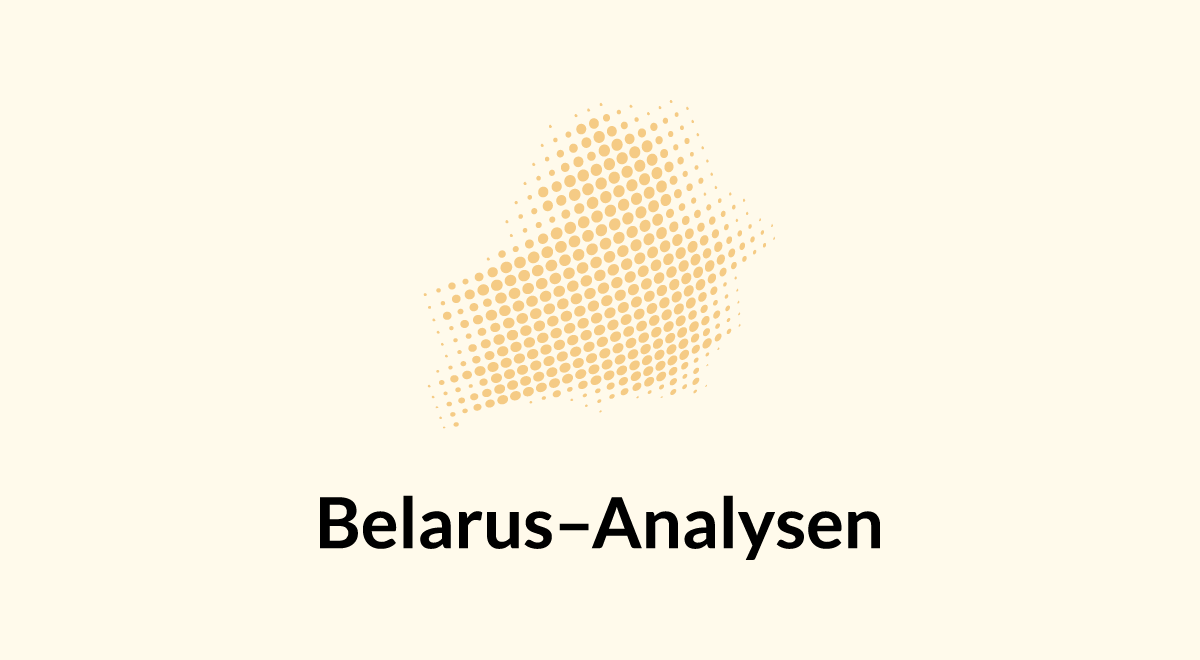![]() Artikel
Artikel Von Nadja Douglas
ZOiS Report 6/2020 State-society relations in Belarus have been tense for many years. The presidential elections in August 2020 and the mishandling of the ongoing Covid-19 pandemic have proved to be the catalyst that brought these fragile relations to a complete breakdown. Over the years, the widening gap between a new generation of an emancipated citizenry and a regime stuck in predominantly paternalistic power structures and reluctant to engage in political and economic reforms has become increasingly evident. The deteriorating economy during the last decade and the perceived decline of the country’s social welfare system have been important factors in these developments. At the same time, the regime has continued to invest in its domestic security structures to a disproportionate extent compared with neighbouring states, allowing the so-called silovye struktury (“state power structures”) to gain influence at the highest level of state governance. (…)
Zum Artikel auf zois-berlin.de  Analyse
Analyse Von Astrid Sahm
25 Jahre nach Tschernobyl erklärt die belarussische Führung, dass es dank ihrer umfassenden Aktivitäten keine wesentlichen erkennbaren Katastrophenfolgen mehr gibt. Diese Position wird von atomfreundlichen internationalen Organisationen bestätigt, während Gegner der zivilen Atomenergienutzung zu anderen Bewertungen gelangen. Auch die innenpolitischen Konflikte des Landes spiegeln sich im Umgang mit dem Thema Tschernobyl wider. Zivilgesellschaftlichen Initiativen gelingt es lediglich ansatzweise, hier brückenbildend zu wirken.
Zum Artikel